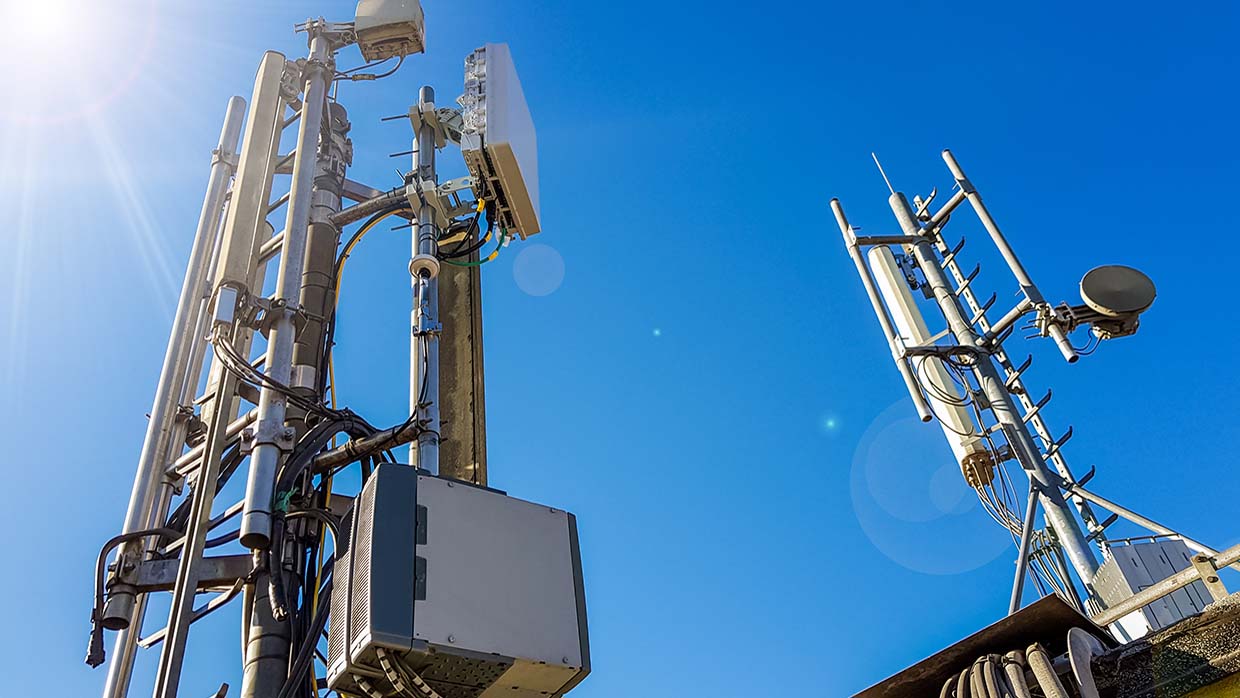
Availability of radio frequency spectrum resources in sufficient quantities is critical for the socio-economic development of Nigeria, South Africa, Kenya and the African region.
Africa Analysis, an ICT and future-tech consulting firm, in its fixed wireless access (FWA) report, which focused on the existing and predicted future use of fixed 4G and 5G services across Africa, noted that spectrum efficiency is key to an expected economic boom in Africa.
Africa Analysis said the report was to analyse the opportunity to implement FWA as an important broadband connection technology using multiple spectrum frequencies: 2.3GHz, 2.6GHz, 3.5GHz, 6GHz and 26GHz.
Nigeria has made some progress in spectrum administration. Shortly before the 5G revolution in the country, where the 3.5GHz spectrum was auctioned in the country, where $820.8 million (N378 billion) were raked in by the Federal Government, the immediate past Minister of Communications and Digital Economy, Prof. Isa Pantami had informed that the country earned N408.7 billion through spectrum sales and taxes in the Information Communication and Technology (ICT) sector.
Indeed, the Africa Analysis research also looked at how various government and regulatory interventions can affect the growth of broadband services.
According to Africa Analysis, FWA is a critical technology that can overcome the limits associated with fixed infrastructure.
It does, however, state: “This is dependent on the availability of the required spectrum for 4G and 5G network deployments. This includes allocating frequencies in the 6GHz band to FWA technologies.”
As a result, Africa Analysis concludes: “Overall, the efficient allocation of radio frequency spectrum resources in sufficient quantities, and the subsequent efficient use of that spectrum, is critical to achieving strong FWA growth, which will aid in the socio-economic development of African countries.”
The study further found that “good quality broadband connectivity is becoming increasingly important as a means of socio-economic upliftment, but several factors currently constrain the growth of broadband infrastructure and demand for broadband services.”
According to Africa Analysis, the extent of FWA build-out and service uptake will rise as a result of numerous government initiatives. Such initiatives might improve home Internet penetration by up to 14 per cent across Africa over the next 12 years.
It stated that intervention strategies open to governments include lowering network operators’ input costs, such as by lowering import levies on network equipment.






